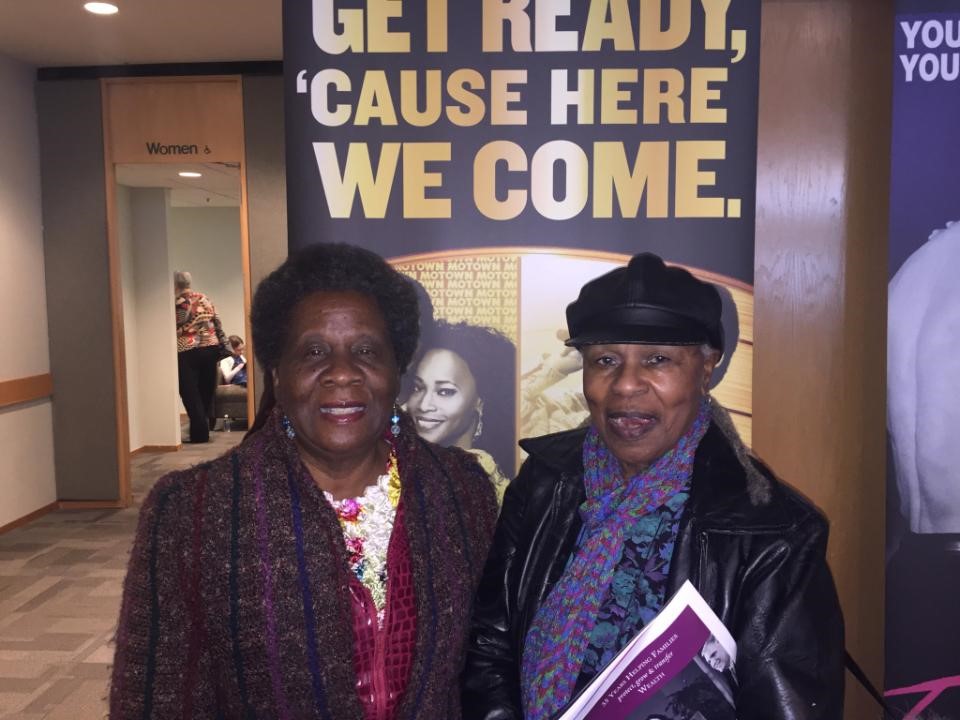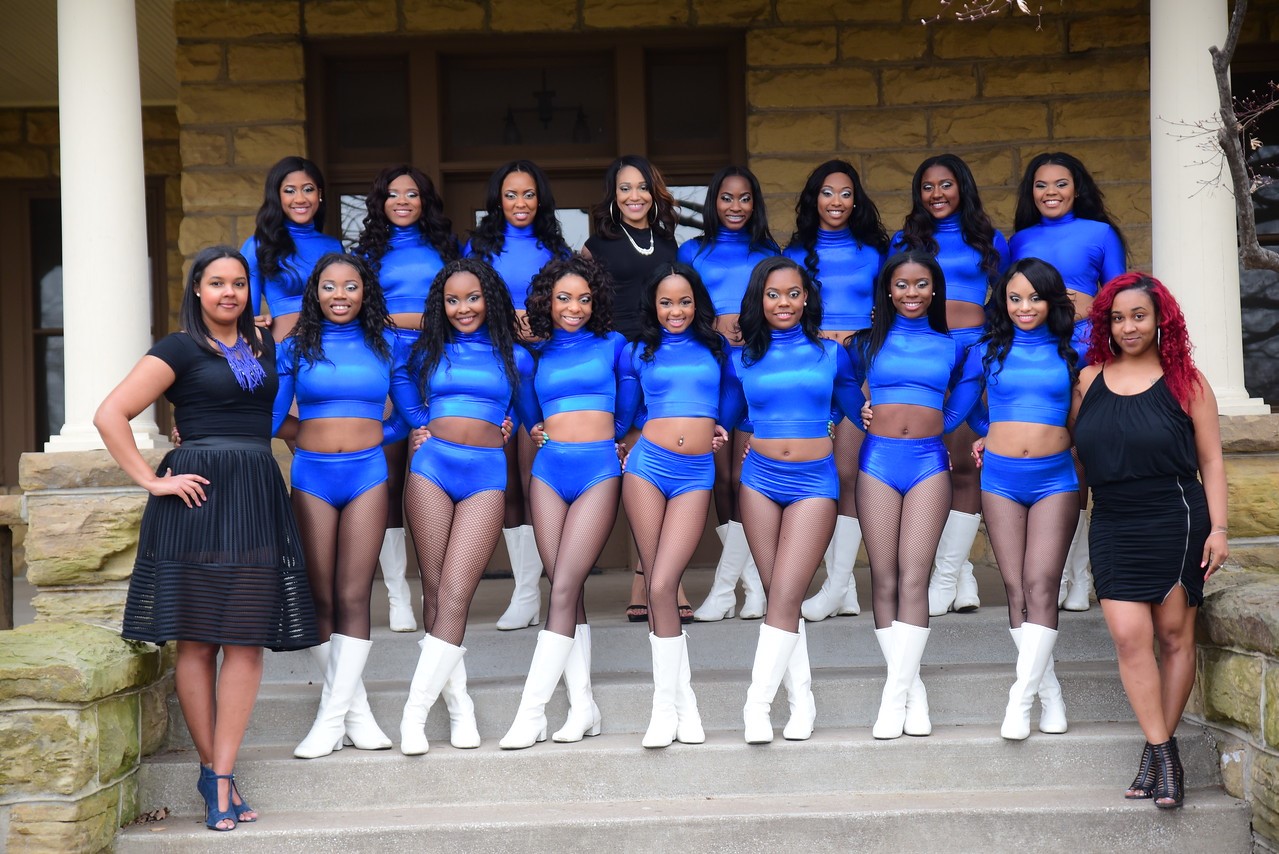
By Margaret Hicks
Staff Writer
mhicks@TheOklahomaEagle.net
Motown the Musical is more than a goodtime. It’s an experience!
Motown the Musical is a piece of Berry Gordy, Jr.’s history (his story) told in two hours and 45 minutes through songs, dance, and the spoken word. The musical is based on Gordy’s autobiography To Be Loved: The Music, the Magic, the Memories of Motown (1994).
Since this production premiered on Broadway, at the Lunt-Fontanne Theatre, on April 14, 2013, there has much written about it. On that same date, New York Times (NYT) theater critic, Charles Isherwood (who was fired by NYT less than a month ago,) wrote these words: “More than 50 songs…are performed in ‘Motown,’ usually, alas, in truncated versions. Most are simply presented as concert versions by the actors playing the artists who made them famous, but a few are shoehorned awkwardly into the story as ‘book’ songs…. Making way for so much music means that ‘Motown’ breezily scrimps on storytelling. Characters come and go so quickly we barely have time to register their famous names, let alone get to know them…. The performers put their songs across with verve and an admirable lack of self-consciousness, given that the audience is likely to be intimately familiar with every nuance of phrasing from the original recordings.”
Isherwood was just 33 when this musical premiered on Broadway. He wasn’t born when Motown celebrated its 25-year anniversary.
Isherwood missed it. The story is in the lyrics. Gordy was a songwriter. A word broker. He could not read or write music, but he had a way with words.
Some Back Stories in a Nutshell
One critic commented that Gordy sang the Beatle’s 1963 version of Money, That’s What I Want. However, Gordy and Jane Bradford wrote that song in 1959 and its was Motown’s first hit. It was recorded by Barrett Strong and covered by many artists.
Gordy and Diana Ross loved each other, but did not let their personal feelings get in the way of their business. He never asked her to marry him. In an interview, some years ago, he said he knew “she needed the stardom.” Even after she left Motown he stood by her.
Their child Rhonda, was 13 before Gordy figured out that she was his.
Florence Ballard formed the Supremes with her childhood friends Mary Wilson and Diana Ross. In the musical, you don’t hear Florence’s story. Every so often someone would ask “Where is Florence? Sick again?” Florence’s story was told in Dream Girls. She was Effie. The one with the big voice.
“ Ballard had suffered a major trauma at age 17. She was raped at knife point and it was weeks before she told anyone. “Mary Wilson would later attribute Ballard’s personality as an adult and subsequent self-destructive behavior to the assault Ballard experienced when she was a teen.” She was forced out of the group and legally could not talk about her time with the Supremes. She died at 32, on welfare.
Marvin and Gordy, or BG as he called him had a tumultuous relationship. Gordy called him a son. Gaye reminded him he had a father. What was left unsaid was that Gaye’s father, a minister, was a cross dresser. This was an unsettling fact for Gaye, whose real name was “Gay.” He added the “e” for obvious reason.
Against All Odds
As stated in an earlier piece on the musical, Gordy’s progression from songwriter to publisher to producer appears to have been born out of need, rather than design. Songwriting was Gordy’s love. Protecting that love gave him the motivation for everything else he did in the early years of his career. “Producing the artists who sang my songs was the next logical step to making sure my songs were done the way I wanted. Publishing came about when I couldn’t get my songwriter’s royalties from a New York publisher. Protecting my songs was also the reason I got into publishing and eventually the record business.”
Gordy also tried to protect his artists, however, many of his artists did not see it that way. They left Motown one, by one, some being enticed by white companies who offered them more money than they were making at Motown.








